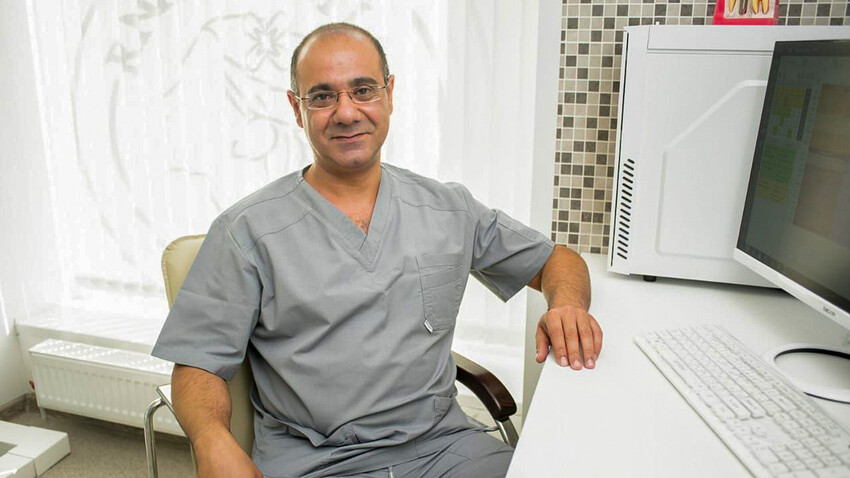
When Hussein Shaat, a Syrian, walks around the Russian city of Saratov, he is often greeted by strangers. Most often, these are grateful patients: Over the many years of his life in Russia, the dentist has treated the teeth of thousands of children and adults.
Born in Aleppo, Syria, Dr. Shaat finished highschool in the early 1990s and left to study in Russia. “Syria was an open country. It was similar to Russia: part of it was closer to the West and part of it was closer to the Arab world. Christians, Muslims, representatives of other religions - everyone lived side by side and could find a common language,” he says.
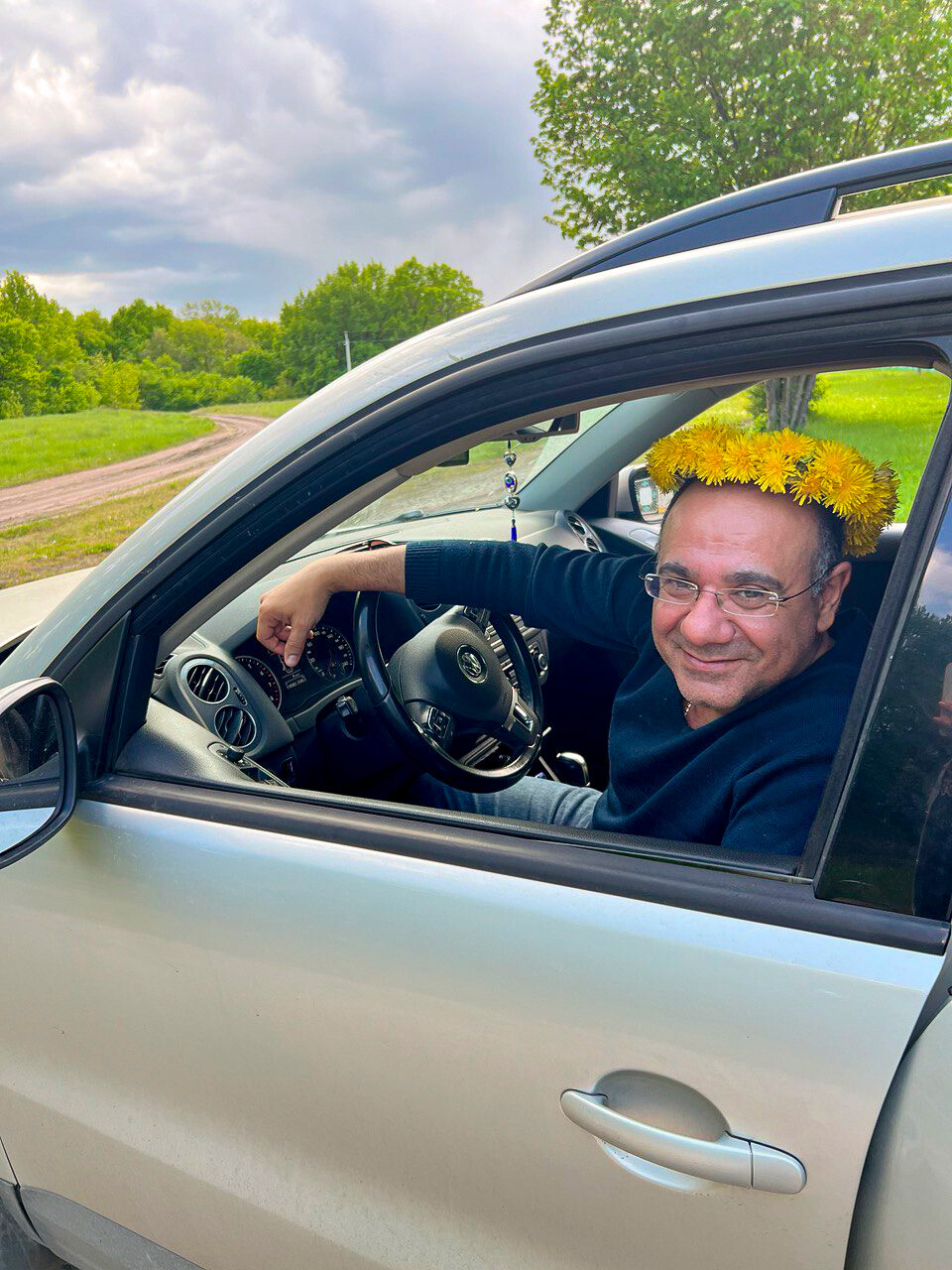
He visited his hometown for the last time in 2008, before the war, and now the whole family is scattered around the world. Some settled down in the U.S., some in Europe. Hussein took one brother to Saratov and the latter opened a cafe in the city. “I have no one left in Syria. And my country no longer exists, there is nowhere else to go and no reason to go...”
Back in the early 1990s, Syria and Russia had good relations. “We were friends and respected Russia, we knew it was a great and very big country. Frosty, of course, but when I looked at the map, Russia reminded me of a blanket: yes, it's cold, but you can wrap yourself up,” Hussein recalls with a smile.
He wanted to become a doctor and knew that Russia had strong medicine. “Dad insisted that I should be a surgeon, but I wanted to be a pharmacist.” In the end, we agreed on dentistry.
Hussein arrived in October 1992. “I was impressed with Moscow, well, it was always majestic and beautiful. It was roughly how I had envisioned a real communist capital.”
But, from Moscow, he still had to get to the city of Saratov where his medical school was. Hussein had not even heard anything about this city and it was still a closed city back then.
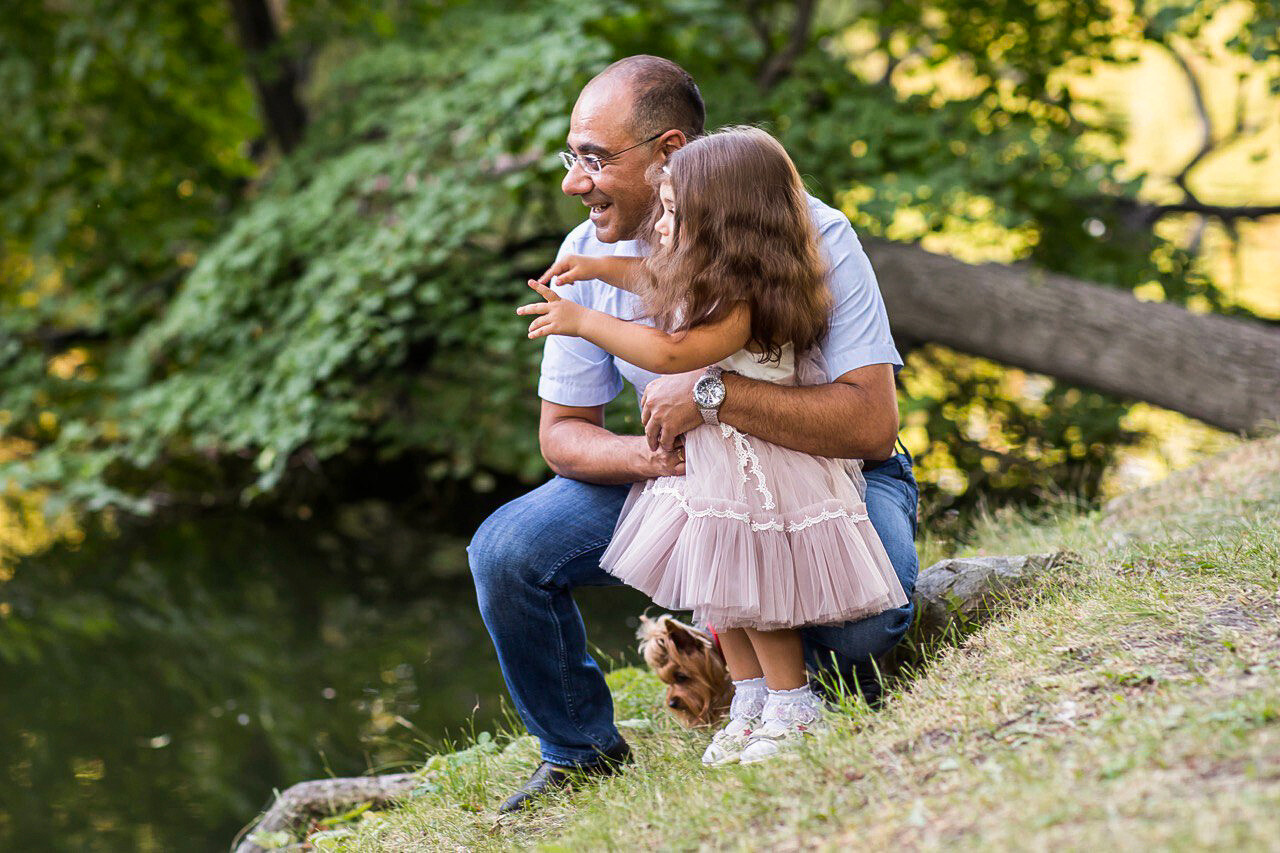
For the first time in his life, the young man boarded a train. It took 18 hours to get to Saratov and he looked out the window all the way. “The forests were replaced by fields, lakes and again and again... And I got scared. How did I even risk coming here? What to expect?” he worried.
In Saratov, he was accommodated in a dormitory and “my Russian life began, with classes, neighbors, friends...”.
He especially remembers the first New Year's Eve. “There was two meters of snow. We went to celebrate the holiday in Saratov downtown through a snow tunnel! People around us were cheerful, flushed. On the square, everyone was dancing, walking around - and they were not cold, they felt good! It was amazing,” Hussein recalls.
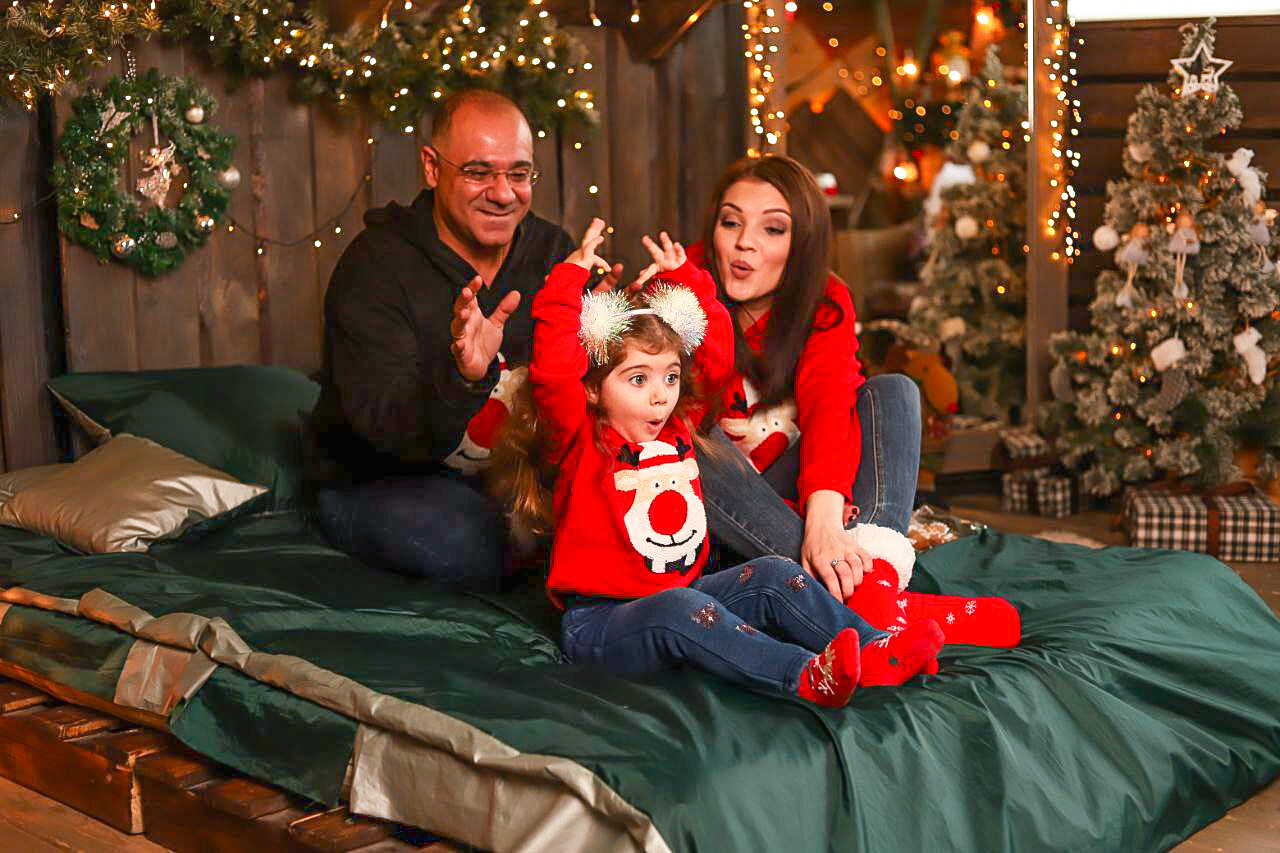
In his first Russian summer, Hussein could not go back home to Syria, so stayed in the dorm. A group doing a big tour of Russia was also placed there. And they invited Hussein to join them. He didn't know Russian yet, but he dared to go on a tour with them. “They gave me a seat on the bus, they let me stay with them during stops and I had lunch with them - just like that, for free, as friends! I was delighted with everything I saw: ancient towns, temples...”
Hussein recalls that the 1990s, after the collapse of the USSR, were not easy. “I remember when I was obtaining Russian documents, the passport lady looked at my name and said: ‘Why are you staying here? My son is Russian, he has graduated from an institute and is suffering without a job. And, as you are not Russian, it will be a hundred times harder for you!’ Yes, it was hard and unknown and the salary was small, but I felt good here.” And, now, Hussein has been in Russia for 32 years, “like a healthy man's teeth,” he laughs.
Over the years, he has traveled to many places: He studied in Moscow, St. Petersburg, Volgograd and even worked for a while in Tyumen. More than once he went on vacation with his family to the south, to Adler and Sochi.
Hussein believes that the most beautiful girls live in Saratov and he is married to one of them. This is his second marriage in Russia. Eight years ago, Christina came to his dentist room and he liked her immediately. “I pulled a tooth and then I called and asked: ‘How do you feel after the extraction?’” He asked her out, but not right away: “I felt like I was under anesthesia for a few days!”
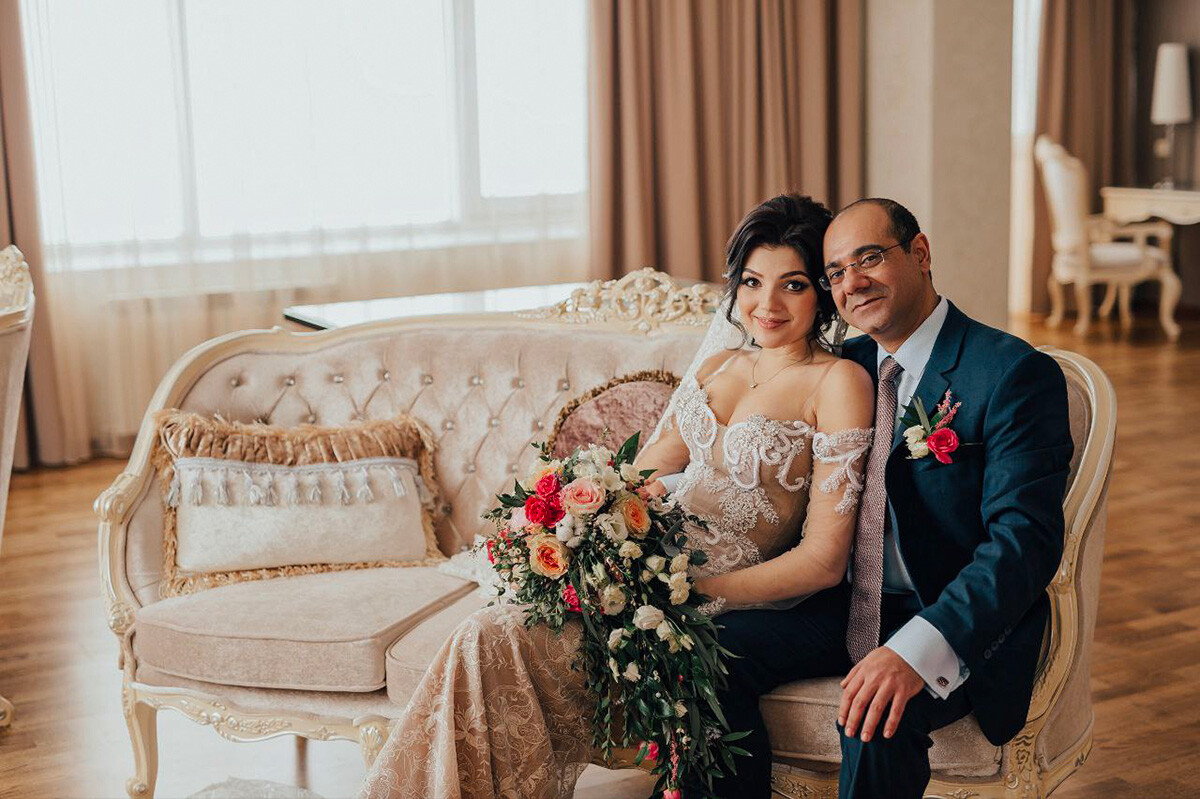
Hussein says there are no strict rules in their family, both have the same say. “And, the most important person in our family is the youngest, Arina Husseinovna. She is six years old, smart, wonderful!”
The full version of the interview was published in Russian in the ‘Nation’ magazine.
Dear readers,
Our website and social media accounts are under threat of being restricted or banned, due to the current circumstances. So, to keep up with our latest content, simply do the following:
If using any of Russia Beyond's content, partly or in full, always provide an active hyperlink to the original material.
Subscribe
to our newsletter!
Get the week's best stories straight to your inbox